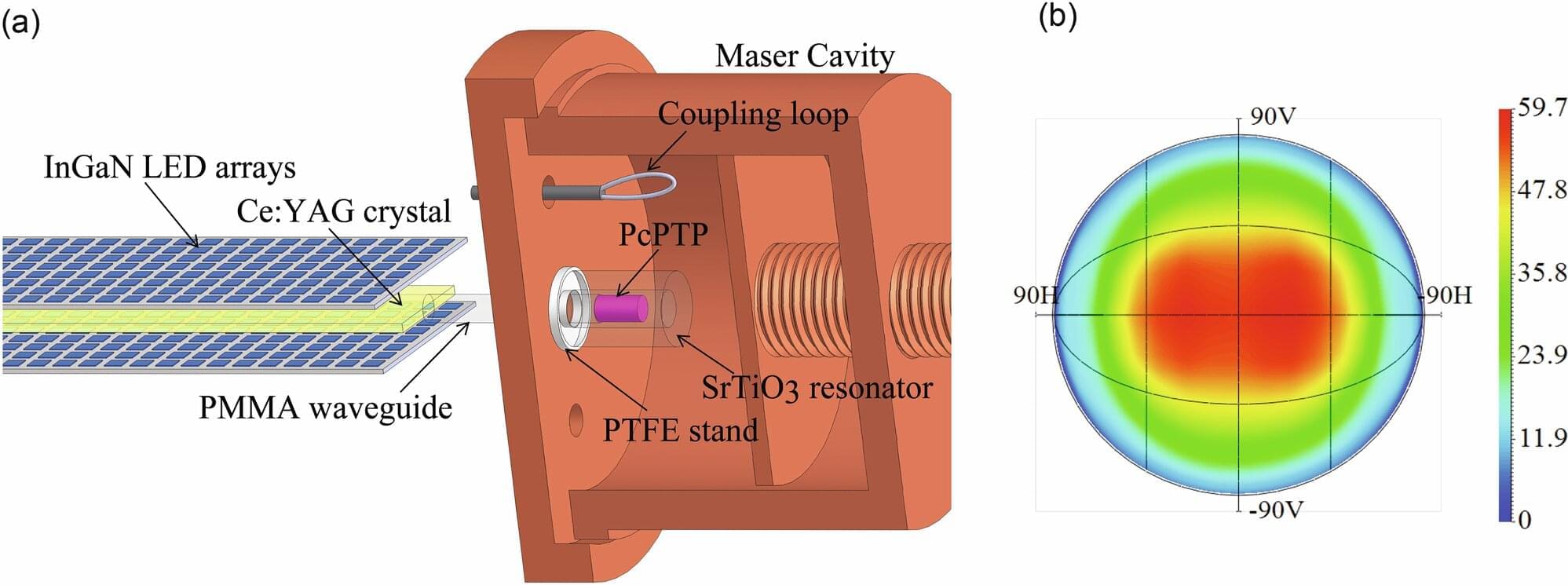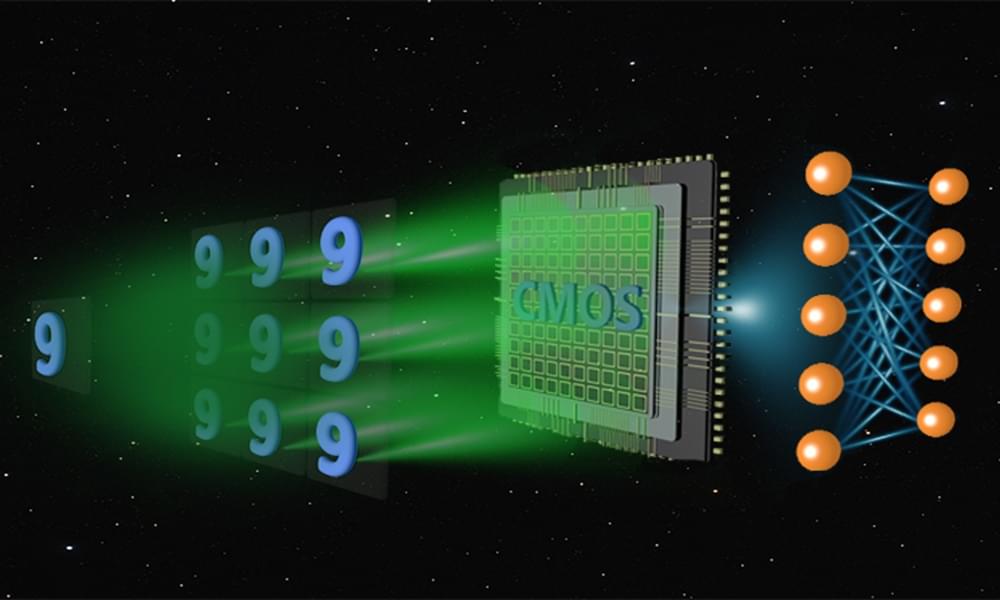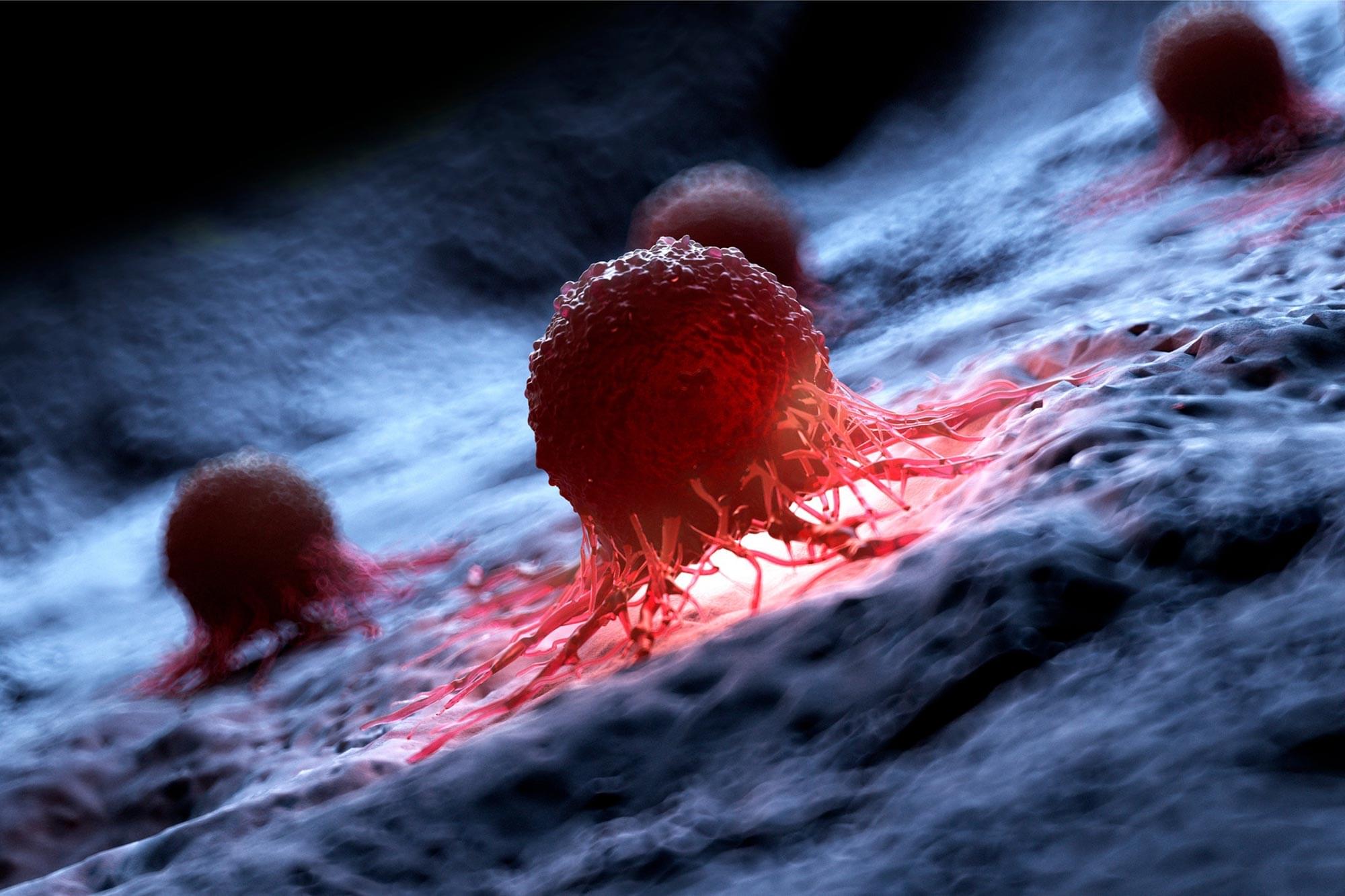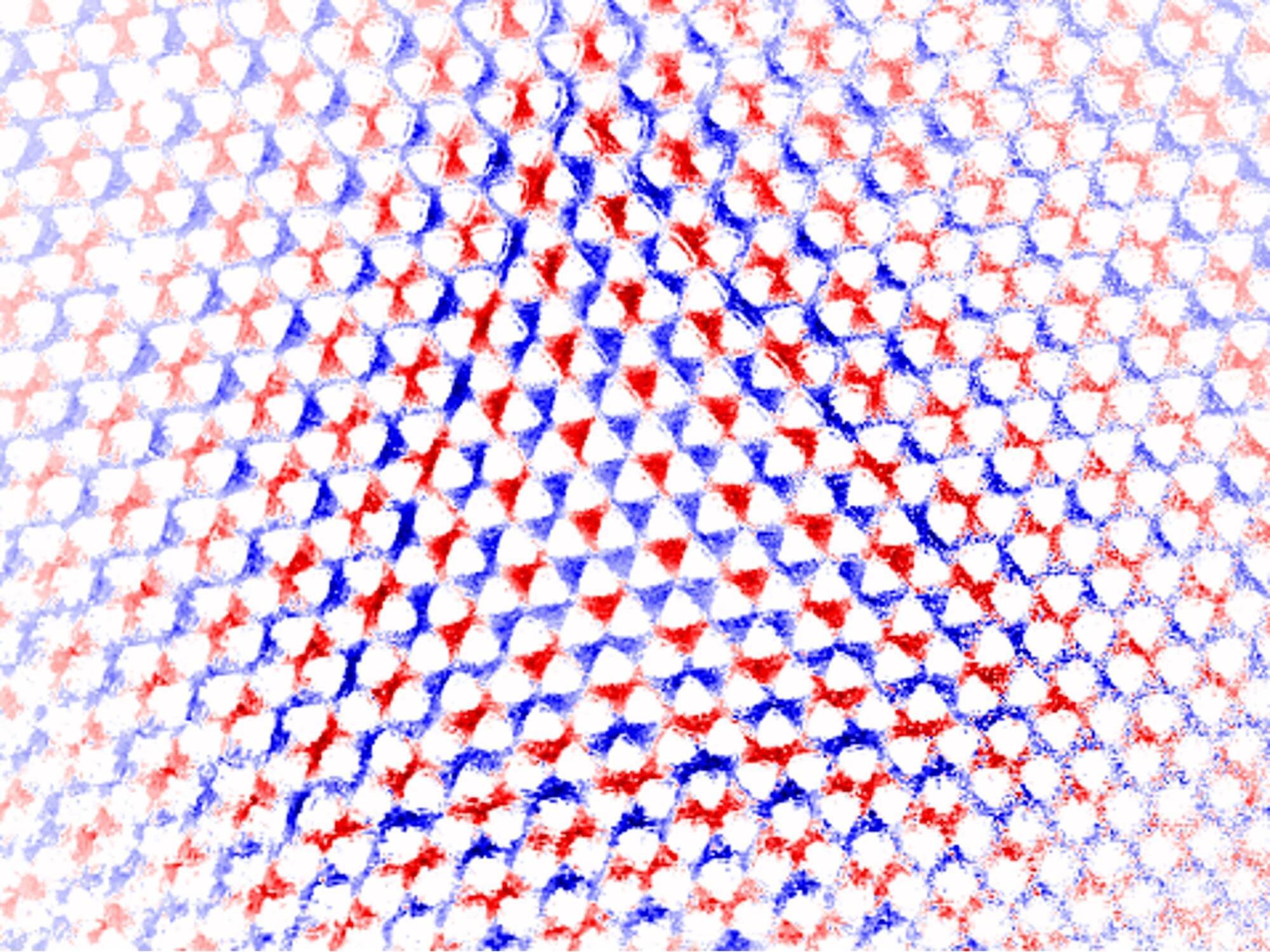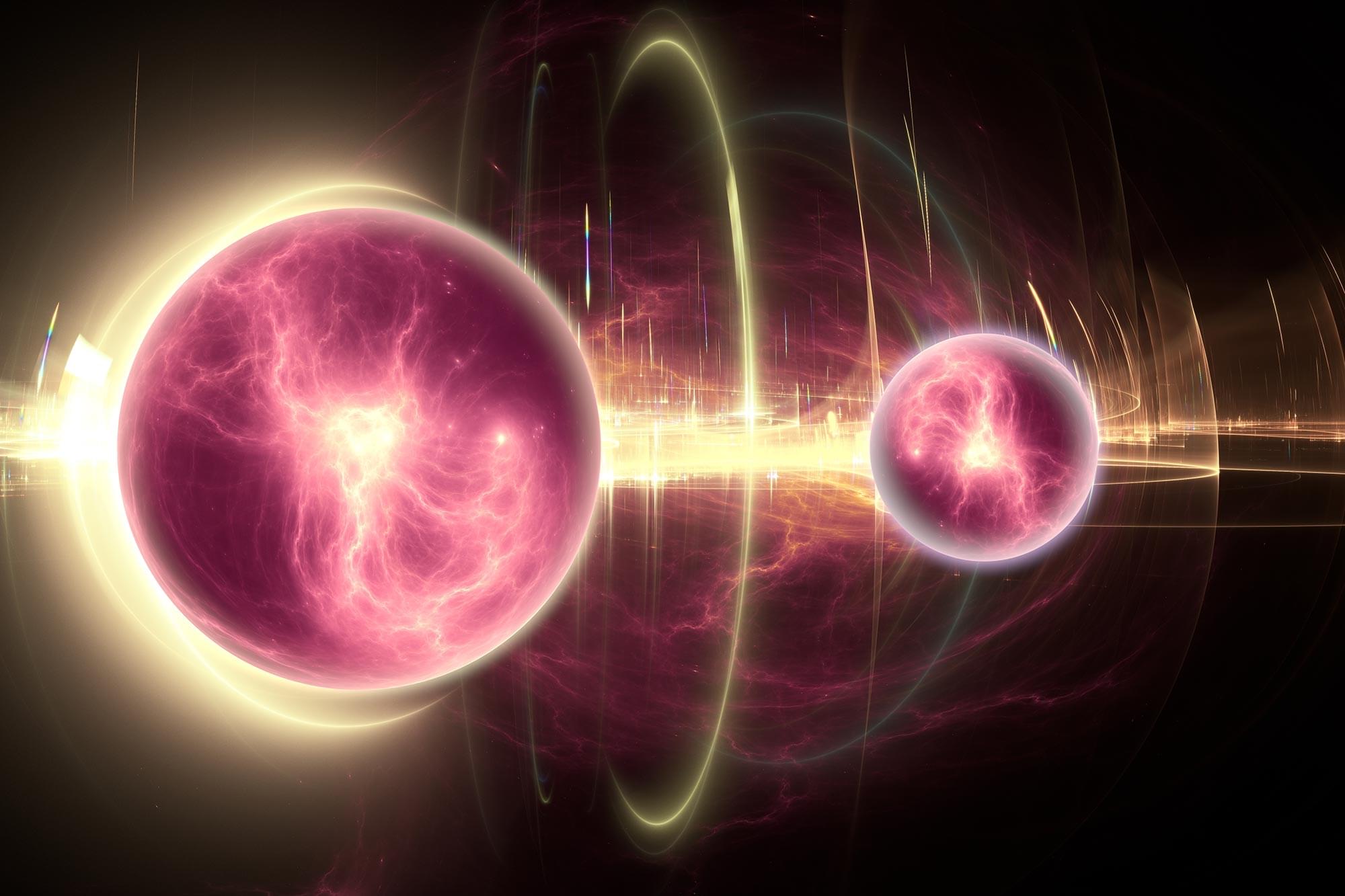With the ability to detect and amplify extremely weak electromagnetic signals without adding additional noise, masers have many potential uses, including the production of more sensitive magnetic resonance body scanners, such as those used in airports.
Despite their discovery in the 1950s, there has been little development of the technology since then due to the complex and expensive conditions required to make them—masers are only able to be produced in very cold conditions, while also within a vacuum and a high magnetic field.
Northumbria’s Dr. Juna Sathian is one of the U.K.’s leading experts in maser technology and has previously worked with colleagues at Imperial College London and University College London to develop a room-temperature maser which works using laser light. However, this method is expensive and difficult to replicate in everyday applications.
